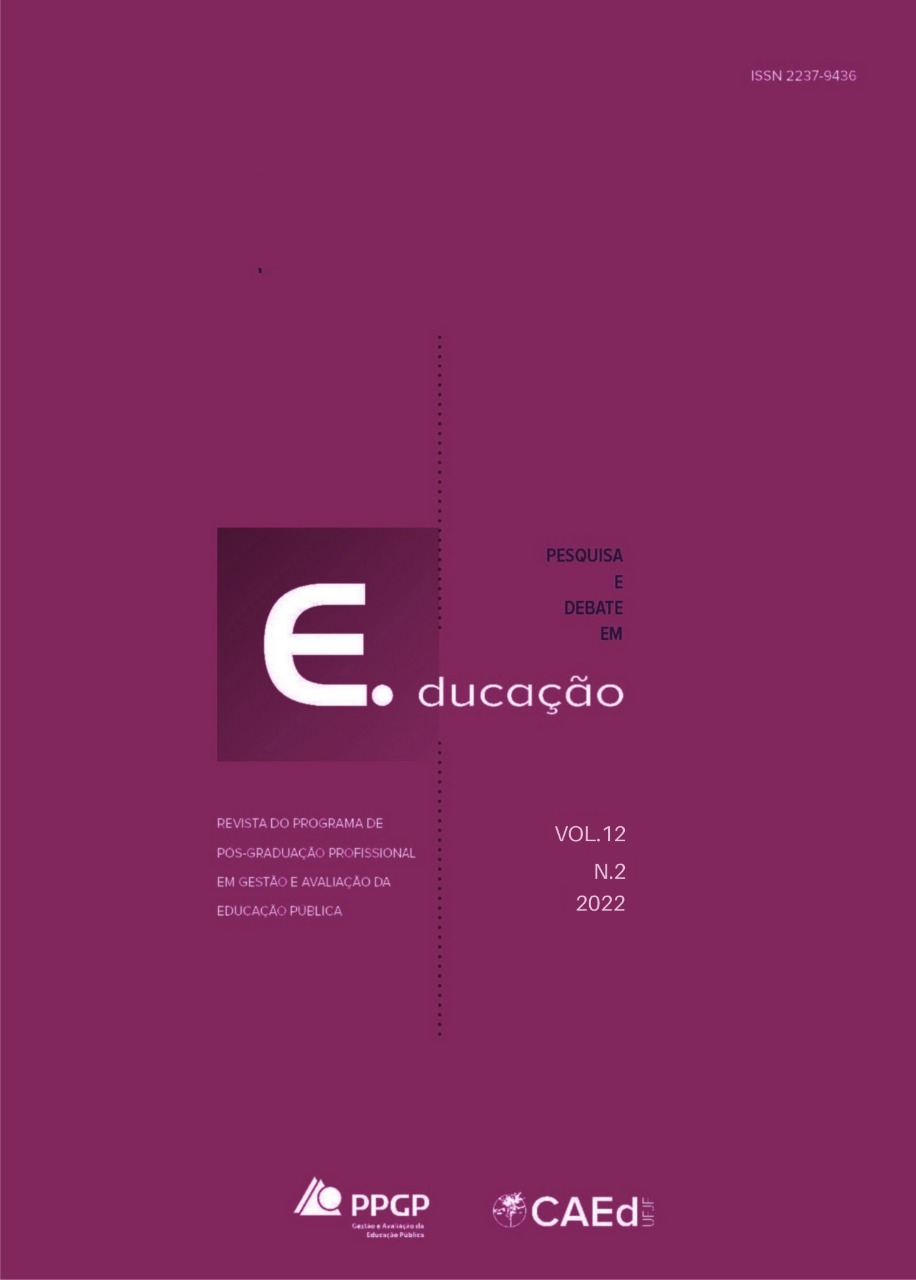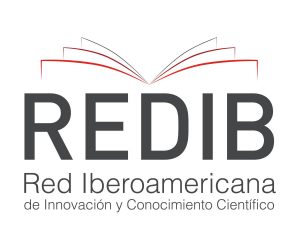Democratic potential of the Internet
DOI:
https://doi.org/10.34019/2237-9444.2022.v12.35998Keywords:
Education, Internet, Andrew Feenberg, Philosophy of technologyAbstract
This production addresses the literature review carried out in a doctoral research with the theme “Education and Technology”, to demonstrate that the Internet has significant political implications. The study has a theoretical nature, with a qualitative approach and a phenomenological justification, based on the contributions of Bicudo (2011), whose theoretical framework runs through the works of Feenberg (1986; 1995; 2010; 2017), Feenberg and Barney (2003), Feenberg and Friesen (2012) and Marx (2004; 2008). It is noted that human action, and not technology, will decide the future of the Internet, because when technologies are understood as terrains of struggle, and not as fixed and finished elements, they are disqualified and exposed to criticism and transformation. Thus, the most innovative aspect of the Internet is the ability to support a collective reflection on the interests of participants in all areas of life
Downloads
References
ABBAGNANO, Nicola. Dicionário de filosofia. 5. ed. São Paulo: Martins Fontes, 2007.
ABBATE, Janete. Inventing the Internet. Cambridge; London: The MIT Press, 1999.
BAKARDJIEVA, Maria. Internet society: the Internet in everyday life. [s. l.]: Sage, 2005.
BICUDO, Maria Aparecida Viggiani. (Org.). Pesquisa qualitativa segundo a visão fenomenológica. São Paulo: Cortez, 2011.
FEENBERG, Andrew. A polêmica educação online e o futuro da universidade. Tradução de Maureen Mourning. [s. l.]: [s. n.], 2017. Disponível em: https://www.sfu.ca/~andrewf/a%20polemica.pdf. Acesso em: 3 mar. 2021.
FEENBERG, Andrew. Alternative modernity: the technical turn in philosophy and social theory. Berkeley: University of California Press, 1995.
FEENBERG, Andrew. Between reason and experience: essays in technology and modernity. Cambridge: The MIT Press, 2010.
FEENBERG, Andrew. Lukács, Marx, and the sources of critical theory. New York: Oxford University Press, 1986.
FEENBERG, Andrew. Technosystem: the social life of reason. Cambridge: Harvard University Press, 2017.
FEENBERG, Andrew. Tecnologia e educação. Brasília: UnBTV, 14 abr. 2014. 1 vídeo (2 min 43 s). Disponível em: http://unbfuturo.unb.br/videoteca/zapping/122-andrew-feenberg-tecnologia-e-educacao. Acesso em: 2 maio 2021.
FEENBERG, Andrew; BARNEY, Darin. (Eds.). Community in the digital age: philosophy and practice. Ithaca: Rowman & Littlefield Publishers, 2003.
FEENBERG, Andrew; FRIESEN, Norm (Eds.). (Re)Inventing the Internet: critical case studies. Rotterdam: Sense Publishers, 2012.
SIMONDON, Gilbert. On the mode of existence of technical objects. Tradução de Cecile Malaspina e John Rogove. Washington: Univocal, 2017. Disponível em: https://livingindigitalarchives.files.wordpress.com/2018/07/gilbert-simondon-on-the-mode-of-existence-of-technical-objects.pdf. Acesso em: 10 fev. 2021.
MARCUSE, Herbert. A ideologia da sociedade industrial: o homem unidimensional. 4. ed. Rio de Janeiro: Zahar, 1973.
MARX, Karl. O capital: crítica da economia política. 22. ed. Rio de Janeiro: Civilização Brasileira, 2004.
MARX, Karl. Contribuição à crítica da economia política. Tradução e introdução de Florestan Fernandes. São Paulo: Editora Expressão Popular, 2008.
MARX, Karl; ENGELS, Friedrich. A ideologia alemã. Tradução de Luciano Cavini Martorano, Nélio Schneider e Rubens Enderle. 1. ed. São Paulo: Boitempo, 2007.
NEDER, Ricardo T. (Org.). Andrew Feenberg: racionalização democrática, poder e tecnologia. Brasília: Observatório do Movimento pela Tecnologia Social na América Latina; CDS; UnB; Capes, 2010.




















